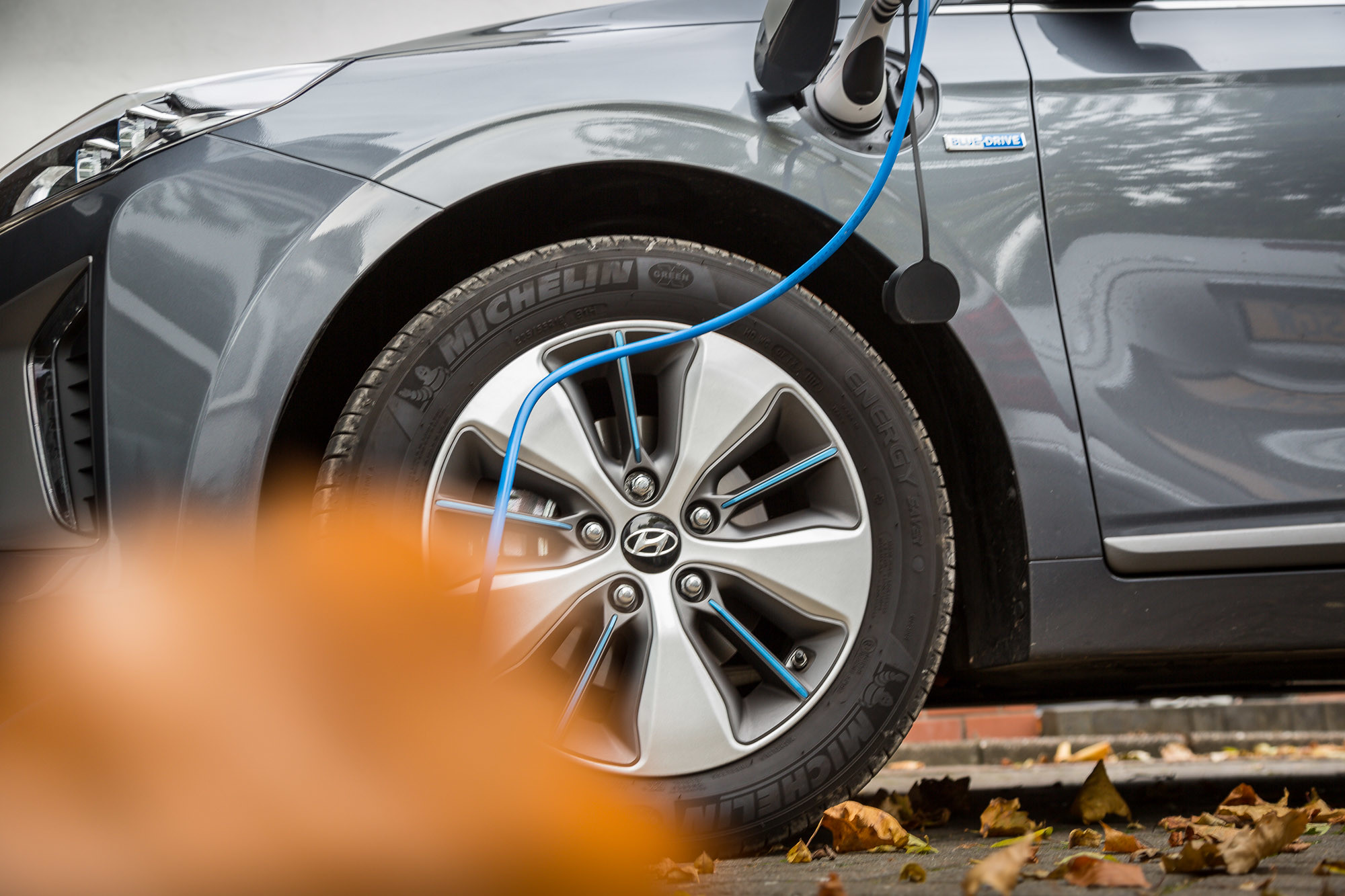Now Reading: How to make electric vehicles that don’t trash forests through mining
-
01
How to make electric vehicles that don’t trash forests through mining
How to make electric vehicles that don’t trash forests through mining

Perrine Fournier, who works for the forests and rights NGO Fern, emphasizes the need to end our reliance on fossil fuels for the sake of a sustainable future. Transitioning to electric vehicles (EVs) is crucial in reducing carbon emissions, but the mining of materials for these vehicles can have damaging effects on forests and communities.
A recent study by the French think-tank Négawatt and the Vienna University of Economics and Business proposes alternatives, such as using less mineral-reliant battery technologies, to prevent the negative impacts of mining for EV materials. Battery technology, like NMC 811 in Europe and LFP in China, plays a significant role in deforestation patterns due to the materials they require.
The study projects that under the current scenario, EU’s demand for EVs using high-deforestation NMC 811 batteries could lead to the loss of 118,000 hectares of forest by 2050. To combat this, the study suggests measures like using LFP batteries, establishing no-go zones for mining, and promoting public transportation to reduce metal demand.
By implementing these strategies, the study proposes that the EU’s EV sector could decrease its deforestation footprint by 82%, highlighting the potential for a more sustainable future that protects the environment while promoting cleaner transport options.






